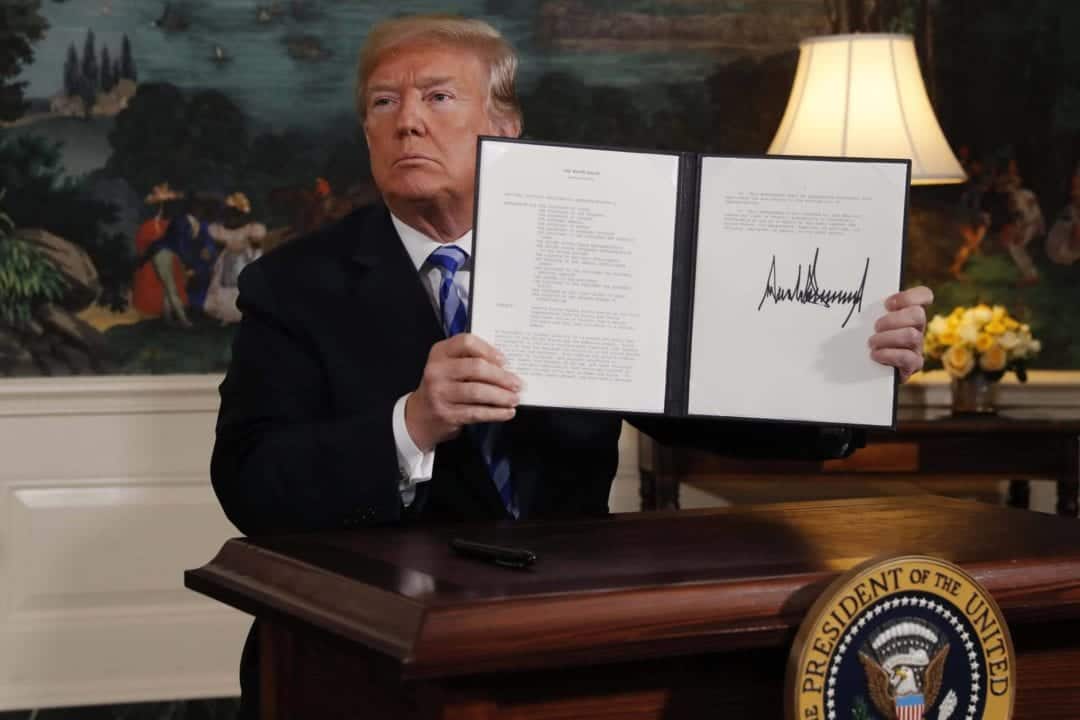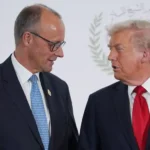
The Chinese government protested on Wednesday, 27, against the inclusion of more than 50 companies in the United States export control list.
The measure was adopted by the Bureau of Industry and Security (Bis) of the US Trade Department, which added about 80 companies from different countries to the so-called “entities list”, based on national security concerns.
According to the US government, added companies would be seeking access to sensitive technologies, including supercomputation, artificial intelligence and quantum systems, with potential military applications.
Restrictions include component export limitations and American origin technology to listed companies.
In addition to Chinese companies, the list updates includes entities based in Taiwan, Iran, Pakistan, South Africa and United Arab Emirates.
The decision expands the control measures previously imposed as part of the United States strategy to restrict the use of critical technologies by countries considered strategic opponents.
Chinese companies listed include six inspection of the Inspur Group, a technology conglomerate specializing in cloud and Big Data computing, which had already been included in restrictive lists in 2023.
Another added institution is the Beijing Artificial Intelligence Academy (BAAI), a non -profit private organization aimed at scientific research in artificial intelligence.
In an official note, Baai expressed opposition to the measure.
“We are shocked that a private non -profit scientific research institution has been added to the list of entities. We are strongly opposed to this wrong decision without any factual basis and ask the relevant US departments to withdraw it,” the entity said.
According to the US Department of Commerce, Baai and the Beijing Innovation Wisdom Technology company were identified as responsible for developing advanced artificial intelligence models and computer chips aimed at military use.
The justification presented points to risks to national security and the control of technologies with dual-use applications-that is, of civil and military use.
China’s Foreign Ministry responded to new restrictions by stating that the measure represents an abuse of the US commercial control instruments.
In a statement, the Chinese chancel stated that “the list of entities and other export controls are an abuse designed to unfairly suppress Chinese companies.”
The Chinese government also said it will continue to follow the case and take the necessary measures to protect the rights and legitimate interests of its companies.
The US Department of Commerce “Entities List” is one of the leading regulatory instruments used by the US government to limit foreign companies to products and technologies manufactured in the United States or using US intellectual property.
Inclusion in the list implies the need for special licenses for conducting exports, re -exports or technology transfers.
The tension between the two countries in relation to the technology sector has intensified in recent years. Washington has adopted a number of measures to contain China’s technological advancement in strategic areas such as semiconductors, 5G networks, supercomputer and military intelligence military applications.
Since 2019, several Chinese technology companies have been the target of US sanctions. The best known case is that of Huawei, which had its access to severely restricted high technology components. Other companies, such as ZTE and chip manufacturers, were also affected.
The measures have been justified by the US authorities as part of a national security policy aimed at preventing critical technologies to countries considered strategic rivals. On the other hand, China sees restrictions as a form of economic and technological containment.
The new round of inclusions on the list occurs amid commercial and diplomatic negotiations between the two countries. Despite recent bilateral meetings, divergences on technology security topics remain a central point of friction in relations between Washington and Beijing.
Source: https://www.ocafezinho.com/2025/03/26/eua-incluem-mais-de-50-empresas-chinesas-em-sua-lista-negra-para-embarreirar-exportacoes/

